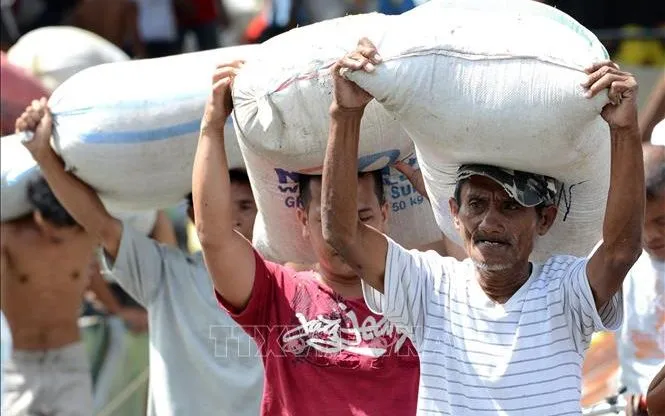
People unload rice from a warehouse in Tacloban, Philippines. Photo: AFP/TTXVN
The Philippine government will extend a ban on rice imports until the end of 2025, two months longer than originally planned, to lift domestic rice prices and protect farmers from losses amid a domestic supply glut and plunging prices.
According to the statement of the Philippine Department of Agriculture , Secretary Francisco Tiu Laurel Jr. officially announced this decision to Congress on October 8, during the hearing of the House Agriculture Committee.
Mr. Tiu Laurel stated: “The government expects the National Assembly to soon pass the proposal to increase rice import tax. In case it is not approved, the backup plan - supported by President Ferdinand Marcos Jr. - is to only allow imports in January 2026, then continue to suspend imports from February to April 2026 to protect the next crop.”
According to Minister Tiu Laurel, the price of paddy rice (palay) in the domestic market remains under downward pressure due to oversupply and poor grain quality, due to the prolonged rains over the past several months.
As of the end of September 2025, the Philippines had imported 3.5 million tons of rice, far exceeding the 2.7 million tons considered “reasonable” for this period of the year.
“We currently have a surplus of about 800,000 tonnes, while the Philippines’ annual rice import demand should only be at 3.6 million tonnes, equivalent to 300,000 tonnes per month,” he said.
Last year, the Philippines' total rice imports reached 4.7 million tons, making the country continue to be the world's largest rice importer.
Secretary Tiu Laurel revealed that President Marcos Jr. is considering restoring the 35% rice import tariff, after it was cut to 15% in July 2024, to lower domestic retail prices. However, according to the Philippine Bureau of Customs, the rice tariff reduction has cost the government about 20 billion pesos (more than $340 million) in lost revenue over the past 12 months.
Mr. Tiu Laurel also admitted that the Philippine Department of Agriculture is facing limitations in controlling imports after the Rice Tariffication Liberalization Act of 2019 took effect, replacing the import quota mechanism with flexible tariff rates.
The Philippine government had previously suspended rice imports starting September 1, initially for 60 days. However, farmgate prices of paddy rice still fell sharply, to 17.11 pesos per kilogram (about 0.29 USD) in August 2025, down 27.8% from 23.71 pesos per kilogram in the same period last year, according to data from the Philippine Statistics Authority (PSA).
Experts say the extension of the rice import ban is an effort by the Philippine government to revive rice prices and stabilize farmers' incomes, in the context of an oversupply in the domestic market while rice imports from major exporting countries such as Vietnam, Thailand and India are still abundant.
Source: https://vtv.vn/philippines-keo-dai-lenh-cam-nhap-khau-gao-den-het-nam-2025-100251009190802772.htm


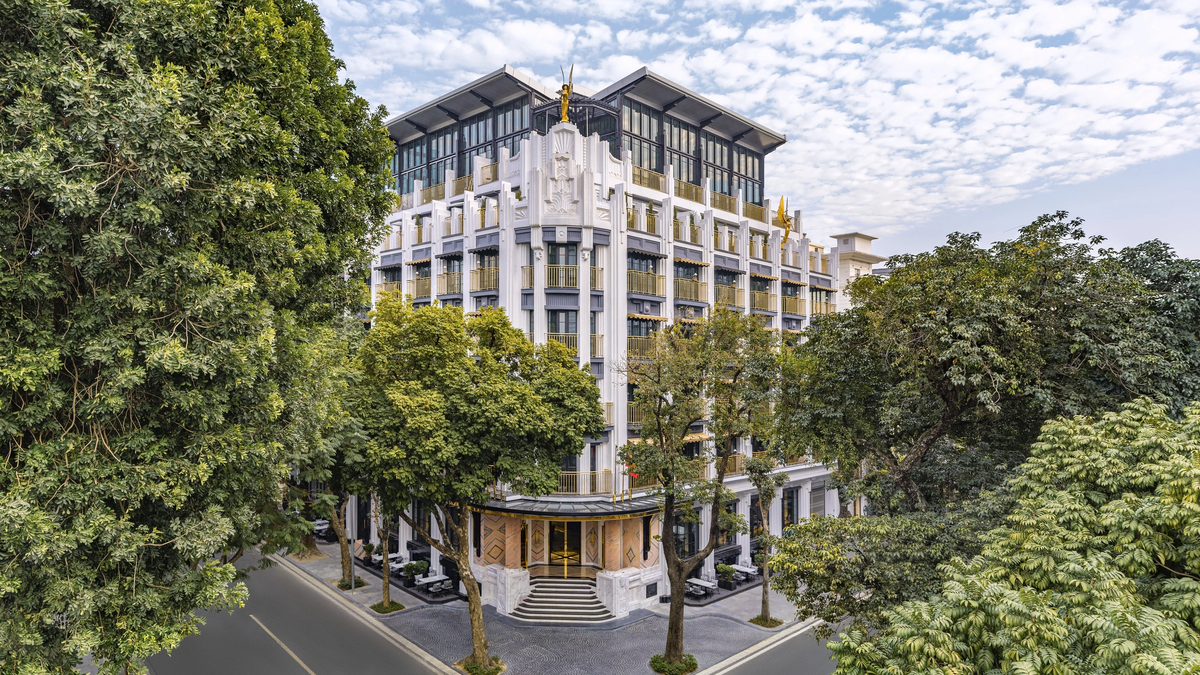









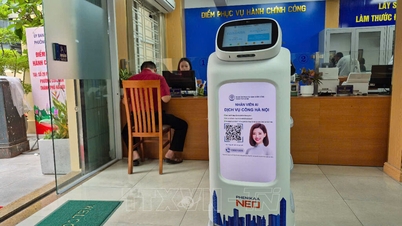

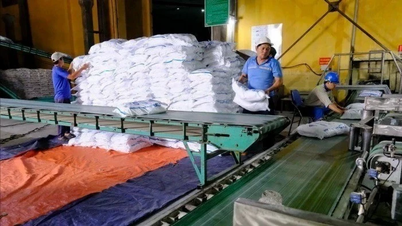

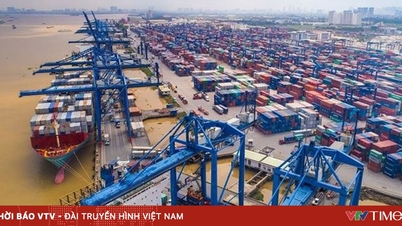

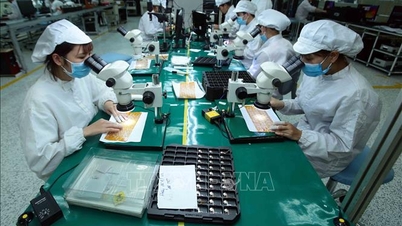




















































































Comment (0)